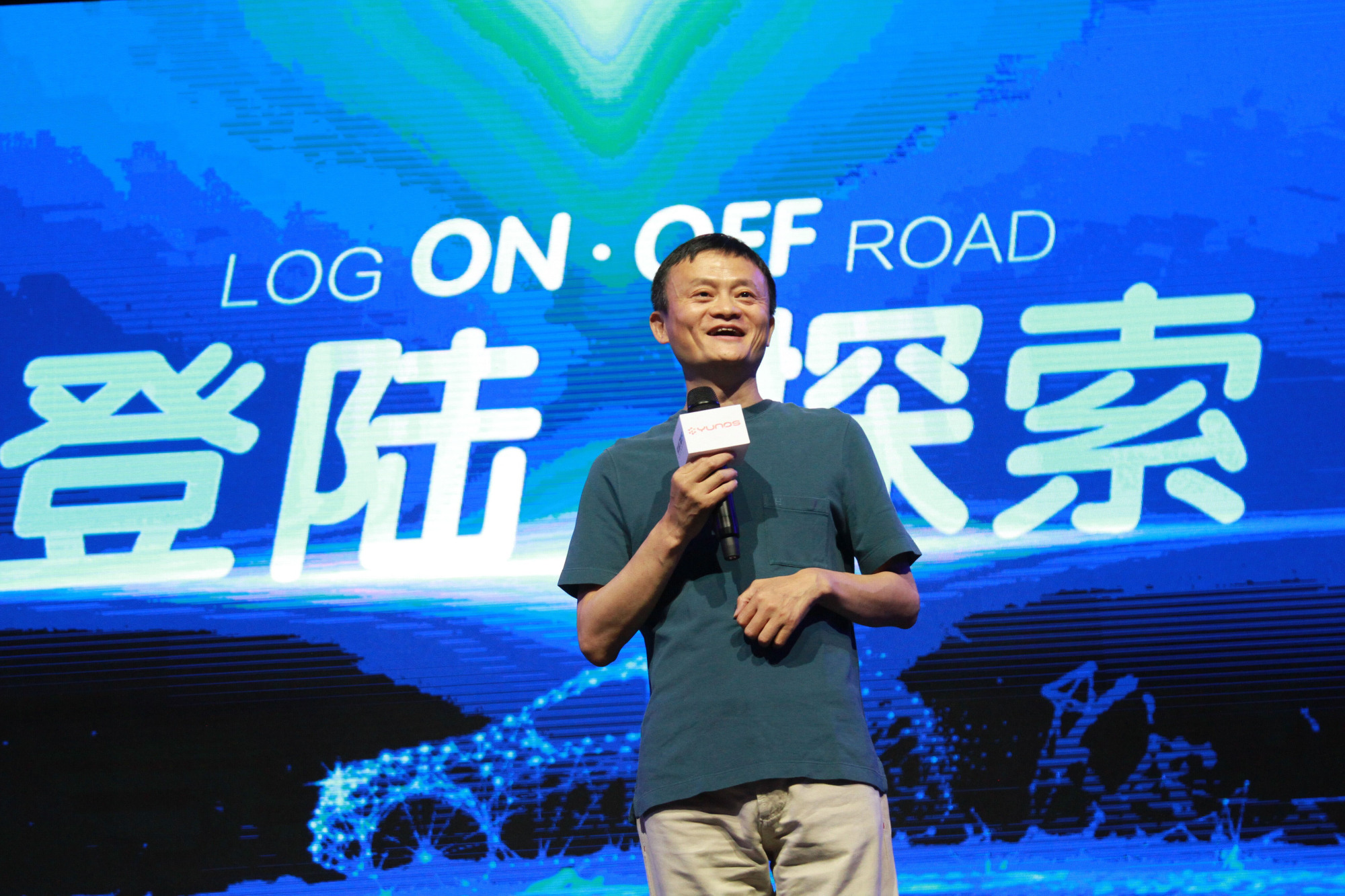In China, the cars are becoming smarter. Last week, Alibaba Group Holding Ltd. and Foxconn Technology Co. Ltd. led a $348 million fundraising round for Guangzhou Xiaopeng Motors Technology Co. Ltd., a three-year-old startup developing internet-connected, electric cars. The investment might seem an odd one for online retailer Alibaba. But it's part of a larger vision for transportation that includes tools to design and run entire cities. Indeed, with backing from the Chinese government, Alibaba could soon seize the lead over European and American competitors in the race to define the future of transportation.
In many respects, the cutting-edge self-driving systems found in vehicles like the Tesla Model X already belong to the past. Their arrays of cameras, radars and computing power can maneuver a vehicle into a tight parking space, safely change lanes on the highway and even respond to a summons by the driver. But, as remarkable as these capabilities are, they tend to rely on line-of-sight connections. That works great when sensors can clearly see a stoplight or stop sign — less so, say, in foggy conditions, or if someone has deliberately changed the sign in order to spoof the onboard computer.
One way around that problem is to enable stoplights to "talk" to cars via Wi-Fi. So long as the Wi-Fi signal is strong, the car not only knows when to slow down; in theory, it could obtain that information long before arriving at an intersection and adjust its route for maximum time and fuel efficiency. If other cars had the same capability, then that "smart" stop light could direct traffic better than a human, let alone a traditional light.



